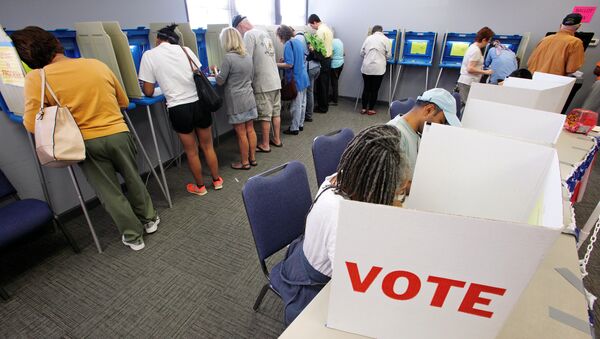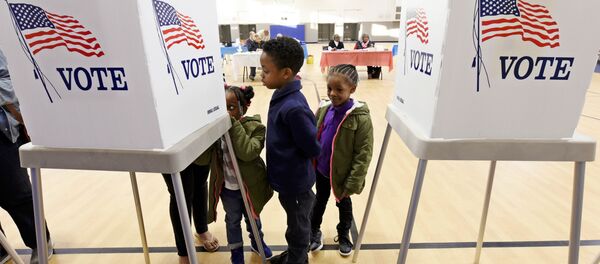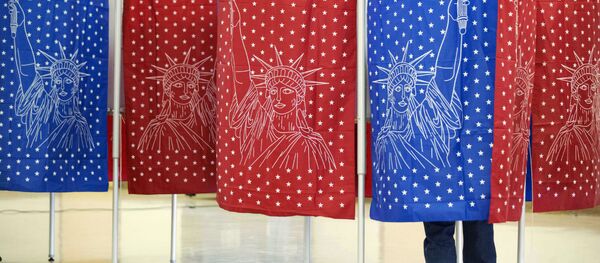The 2016 US presidential election is being considered as one of the most contentious in US history, as it featured two candidates who were nearly equal in their unpopularity. Novoselic suggested that proportional representation using measures like ranked voting could help to develop a healthier and more diverse political environment.
"Most states suppress political association," Novoselic said, "They effectively turn the Democrats and Republicans into state parties, so the state has merged with these private groups. We need more viable parties in the United States because a party is supposed to be the voice of a group of people…With a political party people come together with their shared needs and values and then they nominate a candidate. That candidate is an ambassador of the needs and values of the voters."
Novoselic reasoned that the current Republican-Democrat duopoly effectively silences the voice of voters who do not adhere with the two mainstream parties, even to the point where candidates do not bother to campaign in certain parts of the the country.
"You’re either a surplus voter or an orphan voter," Novoselic said, "If you’re a Democrat in California you’re a surplus voter, if you’re a Republican voter in California during a presidential election, you’re an orphan voter. Because they’ve abandoned you."
Unanimous Dissent co-host Sam Saks pointed out how gerrymandering and other forms of manipulation are used to ensure that one of the two major parties retains control over certain areas.
"In 2010 we had the new population count which determines how much representation there is in each state. Districts are redrawn after every census and it’s the state legislatures that redraw those districts, so, if the state legislatures are under Republican control then they get to redraw the district.” he said, “So, what we’ve seen since 2010, is every election Republicans have held the majority of the house, thanks to the favorably-drawn congressional districts, despite the fact that Democrats running for House seats collect about a million more votes each election than Republican seats."





